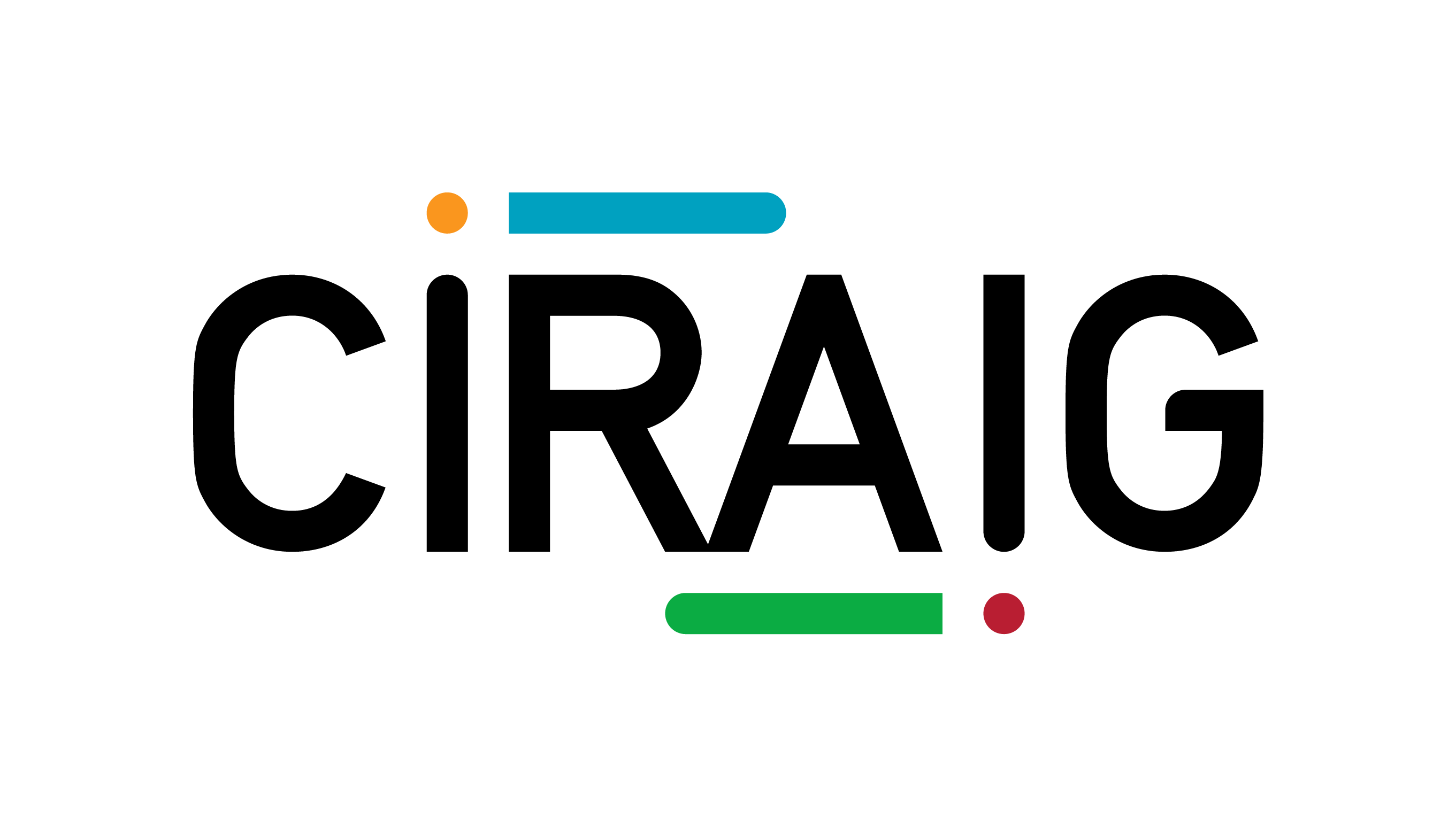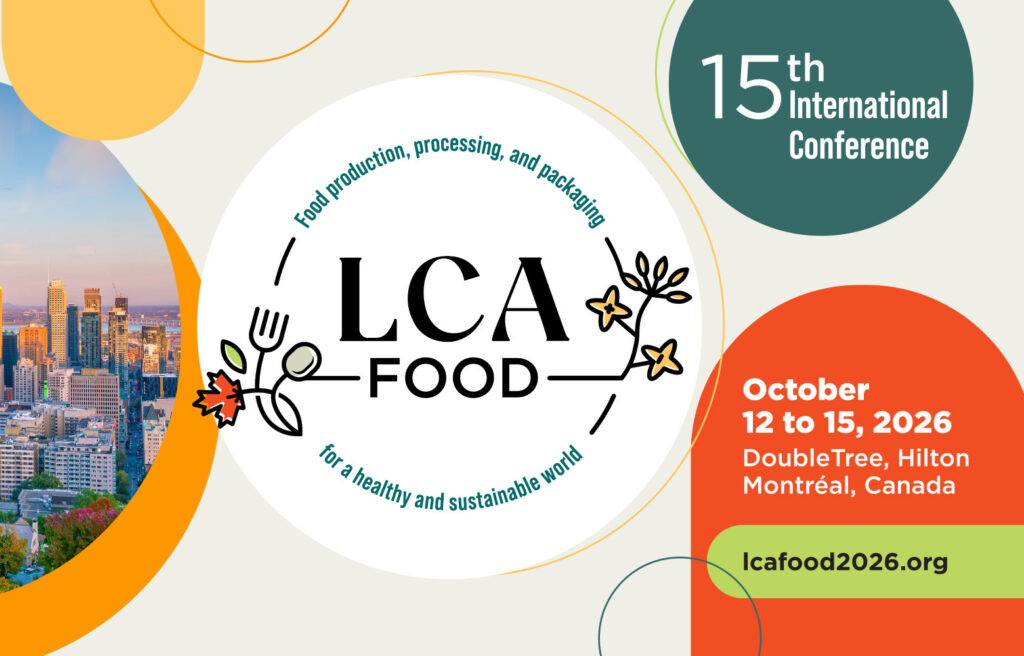Project
Circular Economy: an inevitable transition
This book, written under the auspices of the Institute for the Environment, Sustainable Development and Circular Economy (IEDDEC), presents the reflections of some fifty experts, notably in environment, industrial or chemical engineering, management, but also in economics, geography, anthropology and philosophy.

It is estimated that each year the world’s population consumes more renewable resources than the planet can generate. This trend is increasing as the world’s middle classes grow and extreme poverty decreases. In this context, the circular economy is attracting growing interest from citizens, entrepreneurs, governments and academia. To avoid resource depletion, this “tomorrow’s economy” proposes the reduction of waste. It is based on extending the useful life of products, intensifying recycling – or even ending waste -, sustainable management of resources, production policies, and the shared use of goods and services. Finally, it is resolutely dissociating itself from unlimited growth in resource consumption. This book, written under the auspices of the Institut de l’environnement, du développement durable et de l’économie circulaire (IEDDEC), presents the reflections of some fifty experts, notably in the fields of environment, industrial or chemical engineering, management, but also in economics, geography, anthropology and philosophy. Using accessible language, it addresses the need to move towards a model that respects planetary boundaries and contributes to the well-being of individuals and communities. This book is part of an open access pilot project carried out in collaboration with the UdeM Library Department. The digital versions (in French) can be downloaded free of charge.
In collaboration with
We use cookies on our website to give you the most relevant experience by remembering your preferences and repeat visits. By clicking “Accept”, you consent to the use of ALL the cookies.
Manage consent
Privacy Overview
This website uses cookies to improve your experience while you navigate through the website. Out of these, the cookies that are categorized as necessary are stored on your browser as they are essential for the working of basic functionalities of the website. We also use third-party cookies that help us analyze and understand how you use this website. These cookies will be stored in your browser only with your consent. You also have the option to opt-out of these cookies. But opting out of some of these cookies may affect your browsing experience.
Necessary cookies are absolutely essential for the website to function properly. This category only includes cookies that ensures basic functionalities and security features of the website. These cookies do not store any personal information.
Any cookies that may not be particularly necessary for the website to function and is used specifically to collect user personal data via analytics, ads, other embedded contents are termed as non-necessary cookies. It is mandatory to procure user consent prior to running these cookies on your website.
Your subscription could not be saved. Please try again.
Your subscription has been successful.





